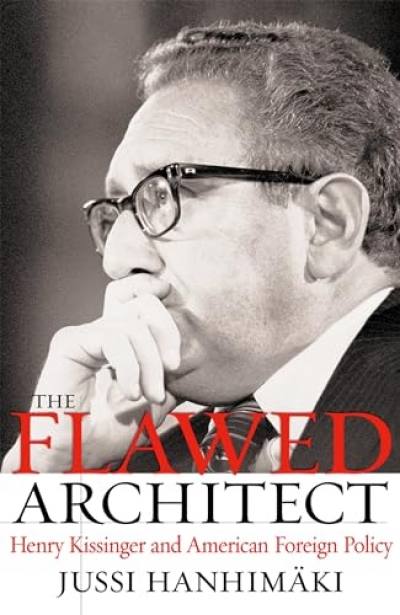Barry Jones
ABR welcomes letters from our readers. Correspondents should note that letters may be edited. Letters and emails must reach us by the middle of the current month, and must include a telephone number for verification.
Barry Jones on the ODNB
Dear Editor,
I read Angus Trumble’s review of The Oxford Dictionary of National Biography (ABR, March 2005) with close interest and some envy. It was probably inevitable that he should concentrate on entries with Australian relationships. He comments that all deceased Australian prime ministers are there, except Scullin and Page. In fact, Fadden and Forde are also missing.
... (read more)The Flawed Architect: Henry Kissinger and American Foreign Policy by Jussi Hanhimäki
by Barry Jones •
The Macmillan Dictionary of Biography by Barry Jones and M.V. Dixon
by Kevin Childs •



